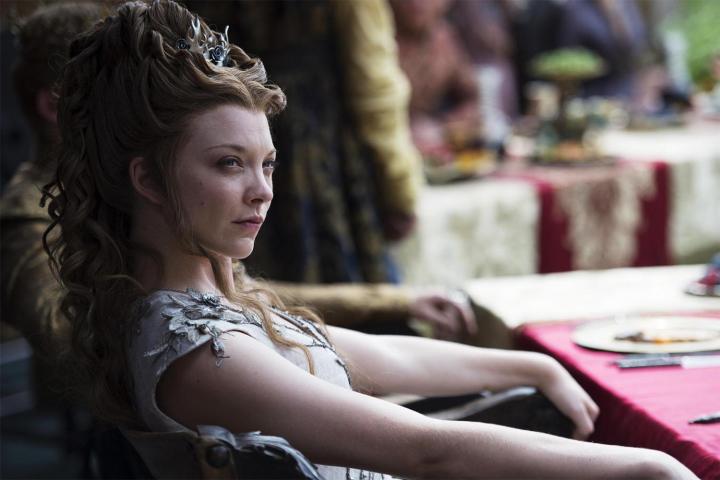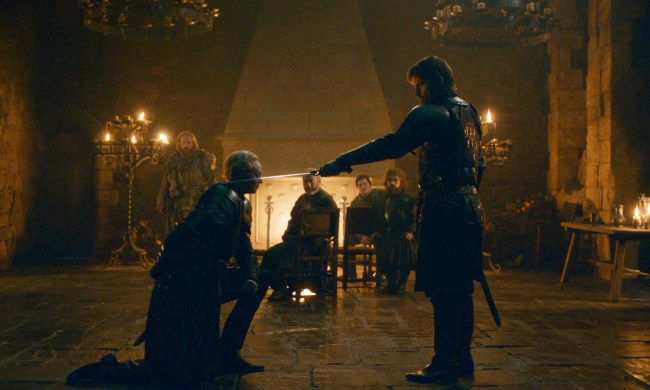
Her comments come on the heels of veteran actress Emma Thompson’s comments to the same publication, in which she claimed that sexism against women was worse than ever in showbiz.
“I get behind as many young female performers as I can,” Thompson said, “and actually a lot of the conversations I have with them are about exactly the fact that we are facing and writing about the same things and nothing has changed, and that some forms of sexism and unpleasantness to women have become more entrenched and indeed more prevalent.”
Dormer, a young actress on the rise in the industry, sees things differently. And she was more than happy to voice her dissent on the issue.
“Good old Emma. She never stops, does she?” Dormer said. “But my personal experience has been to work on phenomenal jobs in which the men are objectified as much as the women. Actors suffer from it, too.”
While there is a much richer history of objectifying women in Hollywood’s long history, movies like Magic Mike and its sequel seem to speak to her point — the flicks are centered almost entirely around a group of male strippers who could be considered male bimbos (mimbos?), sought after first and foremost for their bodies.
Meanwhile, another Game of Thrones alum backs Dormer’s contention that objectification is no longer just for ladies. Kit Harington, aka Jon Snow, told Page Six in March of this year that he thinks being labeled a hunk by mainstream media is demeaning. His complaint was that an actor’s art getting marginalized in favor of his physical appearance is not why he got into acting in the first place.
“Well, it’s not just men that can be inappropriate sexually,” Kit told Page Six. “Women can be as well. I’m in a successful TV show in a kind of leading man way and it can sometimes feel like your art is being put to one side for your sex appeal. And I don’t like that.”
While female objectification is no doubt more prominent than men still today, like Kit, Dormer sees the problem as less gender related, and more about aesthetics in general.
“It’s a visual medium, so to a certain extent you get judged on the way you look,” Dormer said. “We’re not just talking about being slim here. We’re talking about character actors with big eyes getting typecast in the ‘friend’ role.”
“It’s not just about bed-ability: it’s about your physicality more generally.”
While we may not be able to claim gender equality just yet, according to these Game of Thrones alums, the film and TV industry may be closing the gap. Though we may never get beyond objectification entirely, one can only hope we can someday live in a world in which men and women are both objectified for their physical traits equally. That’s almost a win, right?


